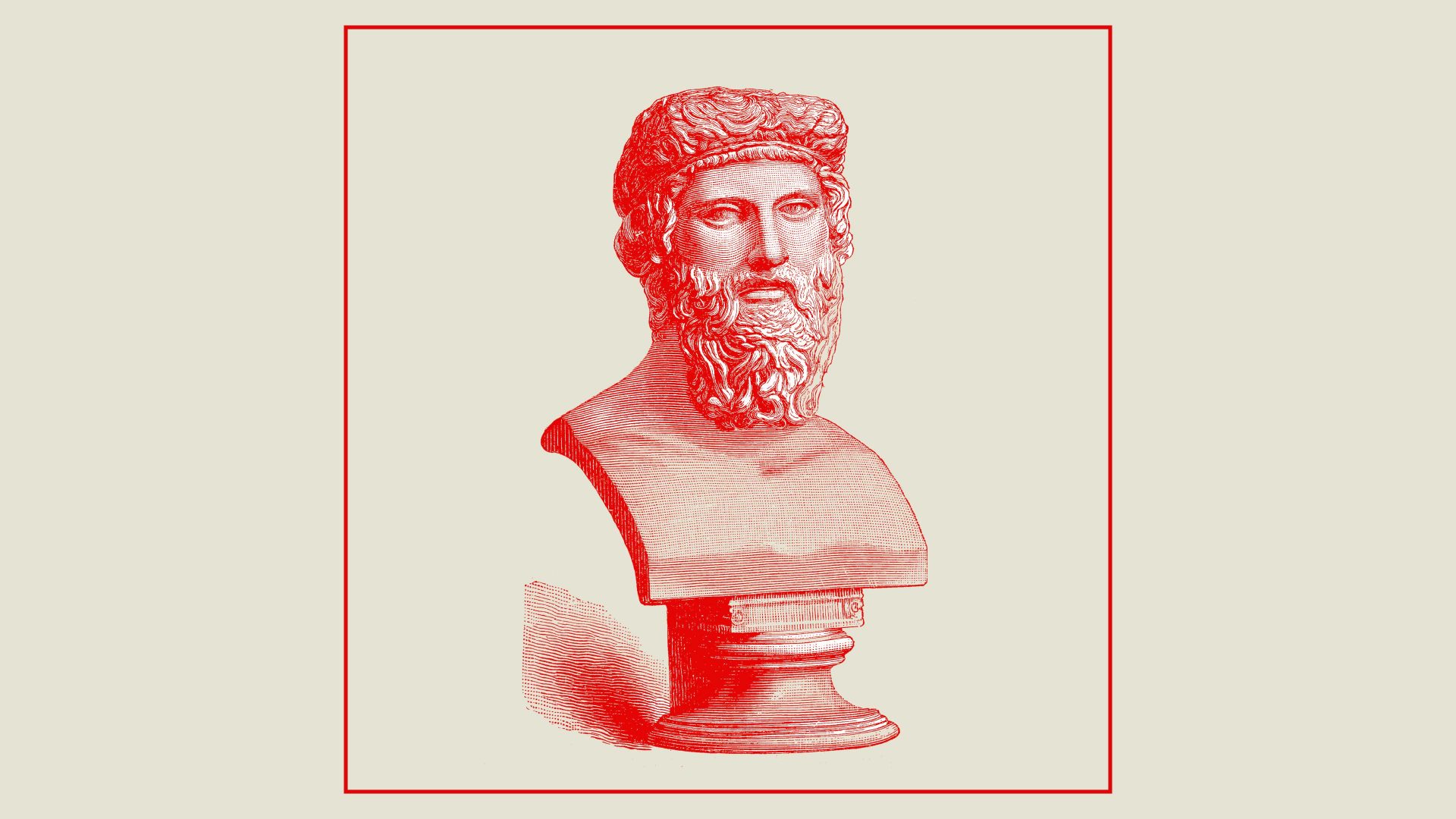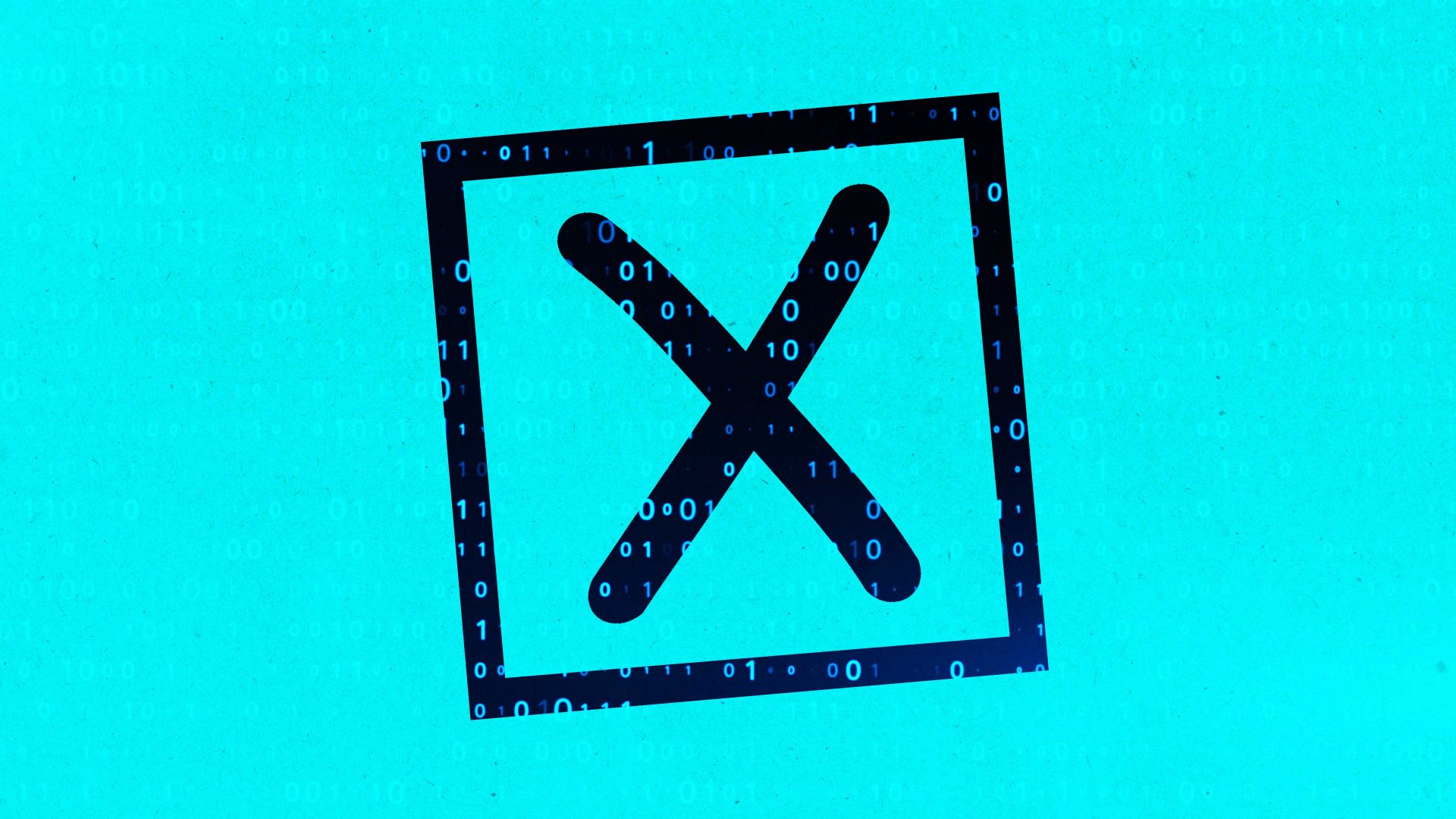The US presidential election hangs in the balance, and with it the fate of Ukraine and the future of Europe. Electors in swing states such as Pennsylvania will have a disproportionate influence on the result. If they tilt one way, there is some hope for the future; if they tilt the other, we are in for a rough ride. This is imperfect democracy in action.
Plato, who like us lived in turbulent times, was deeply suspicious of Athenian democracy. He thought it was a step on the path to something even worse, namely tyranny.
His democracy was different from our representative democracy. It was mostly direct democracy with adult male Athenians voting on laws and policies. Women, foreigners, and slaves were not part of this. Nevertheless, it had some features in common with present-day democracies.
He invited readers to imagine a ship with an owner who is stronger than the crew, but who is hard of hearing and can’t see well. The crew all have theories about the best way to steer the ship. They vie with one another, offering gifts to get the owner’s approval with the hope of ending up in charge. They think they know about sailing and navigation, but in reality they know very little – an early example of the Dunning-Kruger effect.
In contrast, a navigator knows how to steer by the stars, and much more. In this thought experiment it is obvious that the navigator is the one who should be given the helm. Plato suggests that what happens in a democracy, however, is that ignorant people end up steering the state, often with dire consequences.
The sailors don’t recognise that the navigator has genuine knowledge that could keep them on course. We surely want experts in charge, not just those who have bought favours, or who are the most popular.
This is all consistent with Plato’s belief that there is such a thing as knowledge of justice, even if only a small intellectual elite has access to that knowledge.
In Republic he explains how philosopher kings and queens should rule because they know the truth about how we should live; other people rely on opinions and appearances. These philosophers would undergo a rigorous training and would be incorruptible.
This is all a bit far-fetched, however, and dependent on the implausible idea that philosophers have more reliable access to the truth than anyone else. Other things Plato wrote about democracy, however, are more pertinent to our situation.
In what we have to hope isn’t a prescient passage in Book 8 of the Republic he describes how democracy, which begins as rule by the people, can morph into something more sinister.
The freedom at the heart of democracy brings about its own demise. A demagogue claiming to be on the side of the people can rise to power by promising them better lives. Presenting as the people’s protector, he’ll attack wealthy elites, accusing them of crimes. Apparently on the side of the masses he’ll turn on anyone who opposes him and imprison or kill them. He’ll make many enemies and imagine others plotting against him, and so will need bodyguards and a private army. He’ll keep his followers poor and dependent on him, despite his promises. If they rise against him, he’ll suppress them brutally.
The demagogue at this point has become a ruthless tyrant, changed from a man to a wolf, and the people have become his slaves. Tyranny is the worst of all possible political worlds.
Even if the US doesn’t slide towards tyranny on November 5, almost half the electorate, those on the losing side of this polarised contest, are going to end up disgruntled.
This is an example of what Richard Wollheim called The Paradox of Democracy. Those who vote want a particular candidate to win. At the same time, if they’re good citizens, they’ll want to abide by the democratic outcome.
A Harris supporter who wants her to win will also, as a small “d” democrat, want whoever gets the most votes in the requisite states to win. If – Heaven forbid – Trump ends up victor, then our Harris supporter should want Trump to win as well as wanting Harris to be in the White House – an apparent contradiction.
How supporters of the losing candidate, especially if it’s Trump, deal with this sort of contradiction will be key next month. If their commitment to the candidate proves stronger than to democratic process, there may be trouble.



